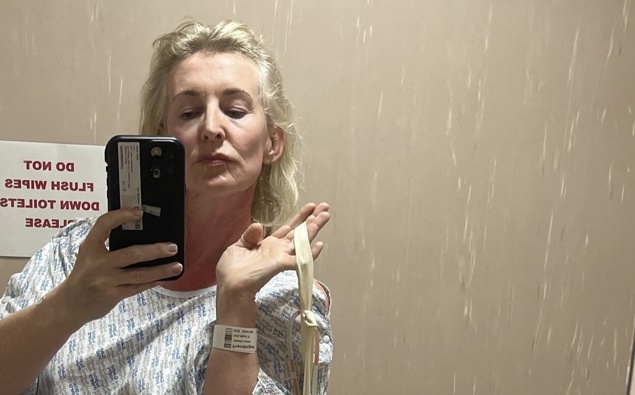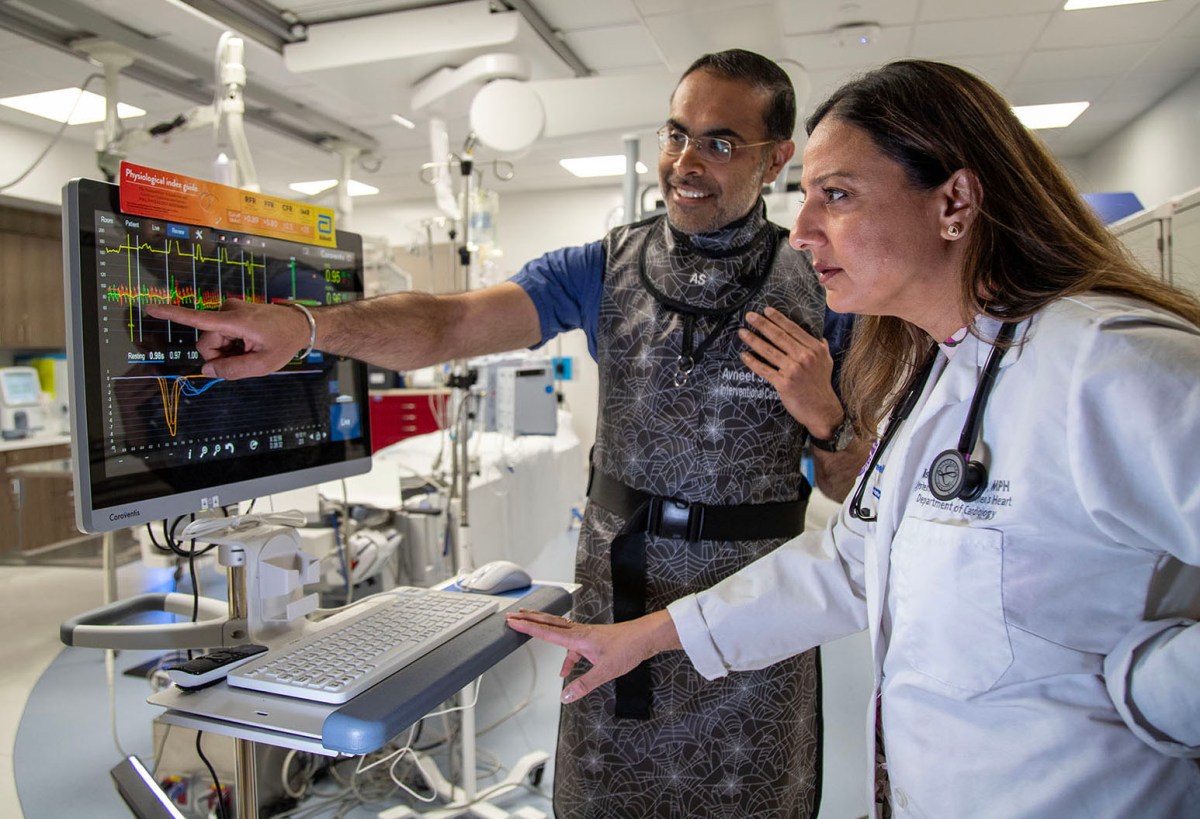Revealed: NHS Bosses' Lucrative Pay Packages Spark Outrage - Over 300 Earn Over £200,000

A bombshell report has exposed the staggering remuneration packages being awarded to top executives within the National Health Service (NHS). For the first time, a comprehensive list detailing the salaries and benefits of NHS bosses has been compiled, revealing a concerning trend of high earners while waiting lists continue to plague the system. The findings have ignited a fierce debate about the prioritization of resources and the fairness of executive compensation within a publicly funded healthcare system.
The newly released 'NHS Rich List' highlights that nearly 300 health bosses are receiving packages worth upwards of £200,000 annually. This includes salaries, bonuses, pension contributions, and other lucrative benefits. The sheer scale of these payments has drawn criticism from healthcare professionals, patient advocacy groups, and taxpayers alike, who argue that these funds could be better allocated to frontline services and reducing the backlog of care.
Furthermore, the report indicates that a staggering 1,700 bureaucrats at NHS trusts are each receiving more than £100,000 a year. This represents a significant proportion of leadership roles within the NHS, raising questions about the efficiency and accountability of the organization's management structure. Critics argue that the focus on administrative roles and high salaries is diverting resources away from essential patient care.
The Context of Rising Waiting Lists
The timing of this revelation is particularly sensitive, given the ongoing crisis in NHS waiting times. Patients across the country are facing unprecedented delays for appointments, diagnoses, and treatments. The Royal College of Surgeons has warned that the backlog could take years to clear, impacting the health and wellbeing of countless individuals.
Opponents of these high executive salaries argue that the situation is unsustainable and morally questionable. They contend that while effective leadership is crucial, the current levels of compensation are excessive, especially when patients are struggling to access basic healthcare services. Calls are growing for a thorough review of NHS executive pay structures and a greater emphasis on transparency and accountability.
What's Being Done?
The government has acknowledged the concerns raised by the report and has stated that it is committed to ensuring value for money within the NHS. There are ongoing discussions about implementing stricter controls on executive pay and linking remuneration to performance metrics. However, critics remain skeptical, arguing that more radical reforms are needed to address the root causes of the problem.
The publication of this 'NHS Rich List' is expected to fuel further scrutiny of the NHS's financial management and leadership practices. It serves as a stark reminder of the challenges facing the healthcare system and the need for a fundamental shift in priorities to ensure that patients receive the care they need, when they need it.
The debate around executive pay within the NHS is likely to continue, with pressure mounting on policymakers to address the concerns raised by this report and to ensure that the public's money is being spent wisely and effectively.





